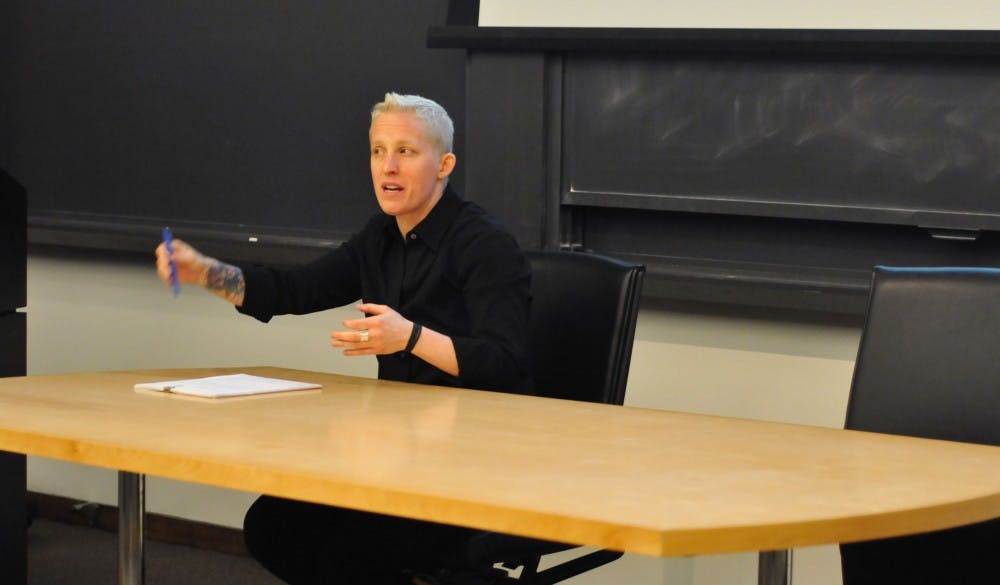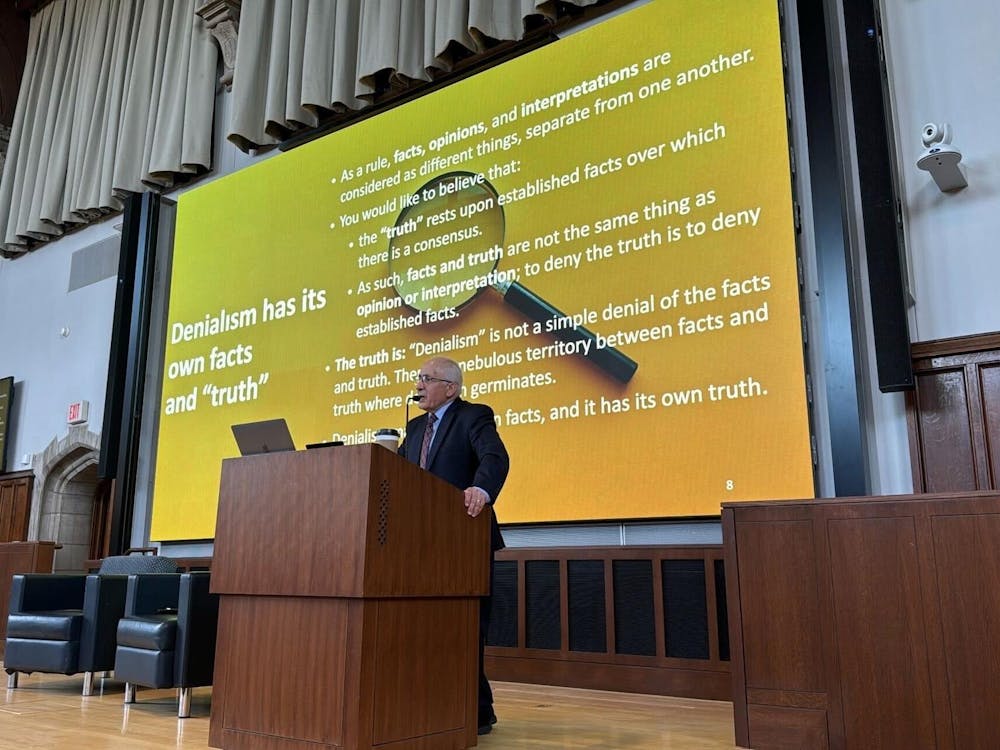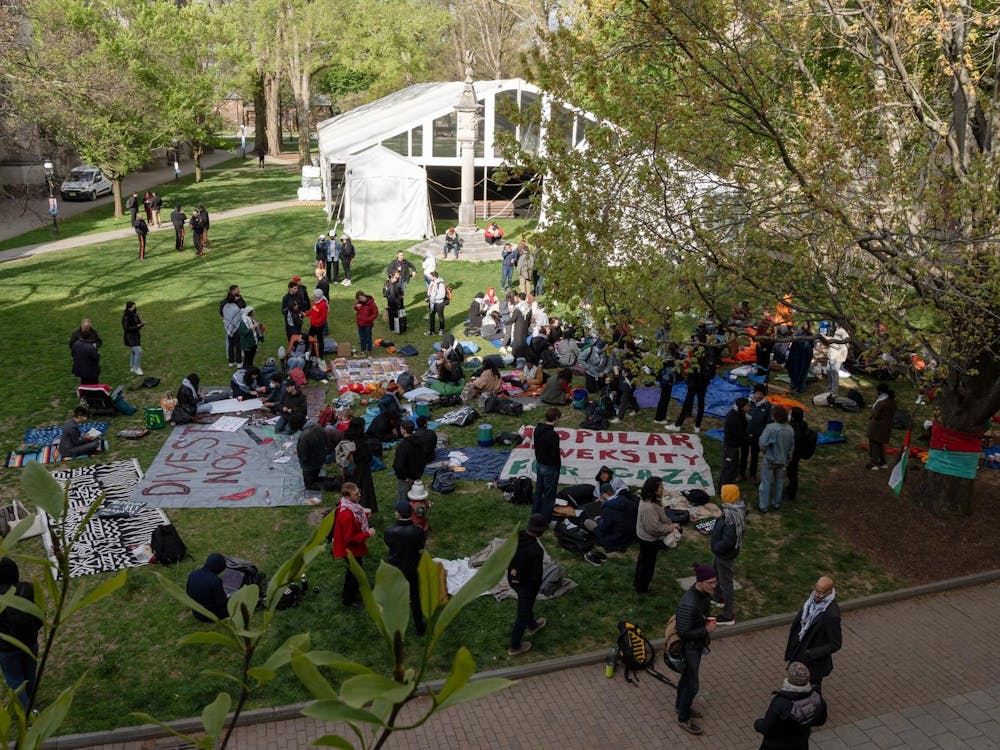While gender boundaries are shifting, they are also becoming more intricately articulated, lecturer in the Council of the Humanities and Sociology Tey Meadow argued at a lecture on Wednesday.
Meadow spoke about the emergence of a new social category, the transgender child, and explained that this social category came into existence because people began to understand gender identity as a symbolic boundary separate from both body and sexuality.
Meadow explained that current prevailing theories on gender revolve around “doing a gender,” wherein gender is defined by socially constructed relationships, and mentioned the movement to “undo gender,” in which some experts propose that the entire concept of gender should be undone and rejected.
However, Meadow argued that the theories relating to doing gender provide an insufficient framework for understanding gender and instead argued for the theory of “being a gender,” wherein gender is both a social assignation and a personal identity, a classification determined by society but also a feature of the self.
She also said gender was broken down into three parts: bodies, behavior and identity.
For parents dealing with transgender children, Meadow explained,“being a gender” has three main steps: assuming an identity, which happens at the individual level; convincing others, which happens at the interactional level; and securing recognition, which happens at the institutional level.
The process starts, according to Meadow, when parents begin to notice gender problems in their children — in particular, when their children engage in play or other gender behaviors that provoke concern. She explained that most parents vacillate between repressing the behavior and facilitating it and noted that for many parents there is an “epiphany day” when they realize their child’s behavior is not just the result of growing up.
“Many parents also came, over time, to understand that their child had a fundamental sense of their own gender that was different from what their parents expected,” Meadow said.
Meadow said that biological males are singled out earlier and for far more gender problems than biological females are, adding that among the families she interviewed, only the parents of biological males received significant harassment in their respected communities. She explained that from her research, maleness as a social category was found to be more fragile than femaleness.
“The boys could play with a toy that was coded feminine and the parents would get a little anxious, while girls could play with masculine toys and no one worries about this,” she said.
Meadow also said she found that transgender identities were identified later than gender nonconforming identities, where “gender nonconforming identity” refers to people who still identify with the gender they were born with but do not display behavior contrary to what may be expected.

Meadow explained the importance of remaking cognitive frameworks in advancing our understanding of gender, explaining that this remaking process comes in four steps: identification of an internal sense of the self, calling for parents to “give gender” differently, separating gender identity from sexual orientation and assimilating the body.
Meadow added that on the institutional level, state action can be both positive, allowing for legal name changes, legal gender changes and antidiscrimination rights; and negative, due to the sometimes misguided interference of children’s services and family law courts. She also noted the power of legal representation and having a legal identity in dealing with securing recognition.
Meadow concluded by discussing the theoretical implications of this remaking process, explaining that “transgender is a social role, reliant for its existence on the transformation of the gender into a feature of the self.”
Meadow's lecture, titled “Being a Gender: The Transgender Child and Changes in the Self,”took place at 4:30 p.m. in Robertson Bowl 002.









